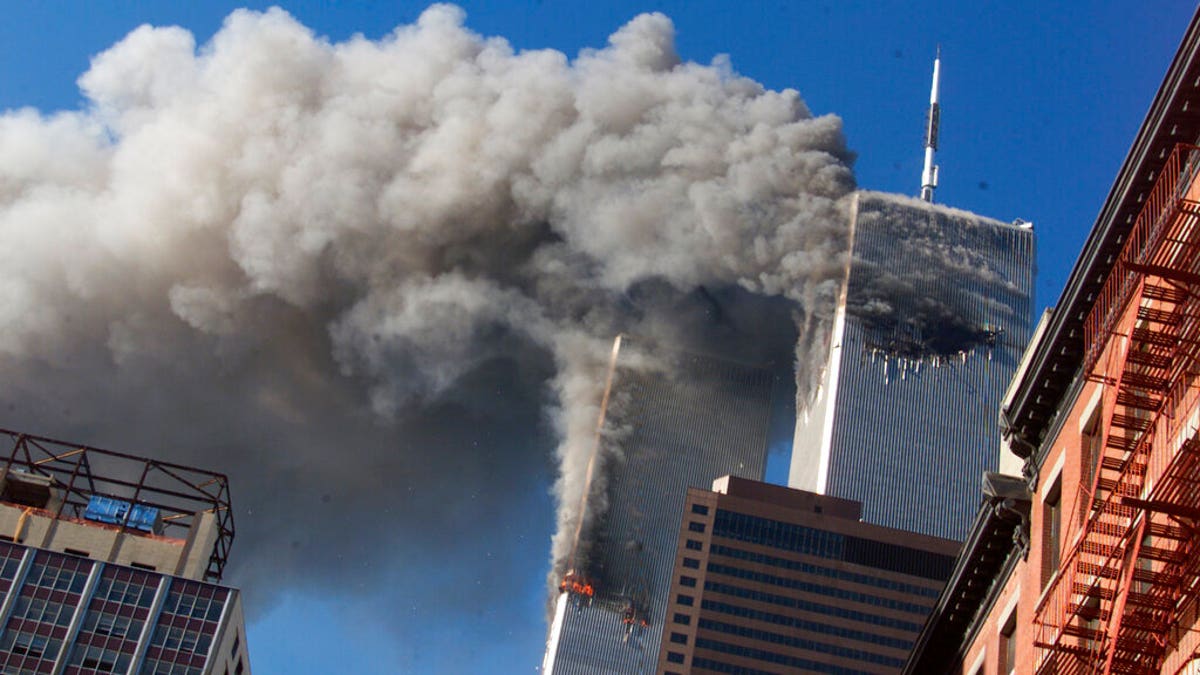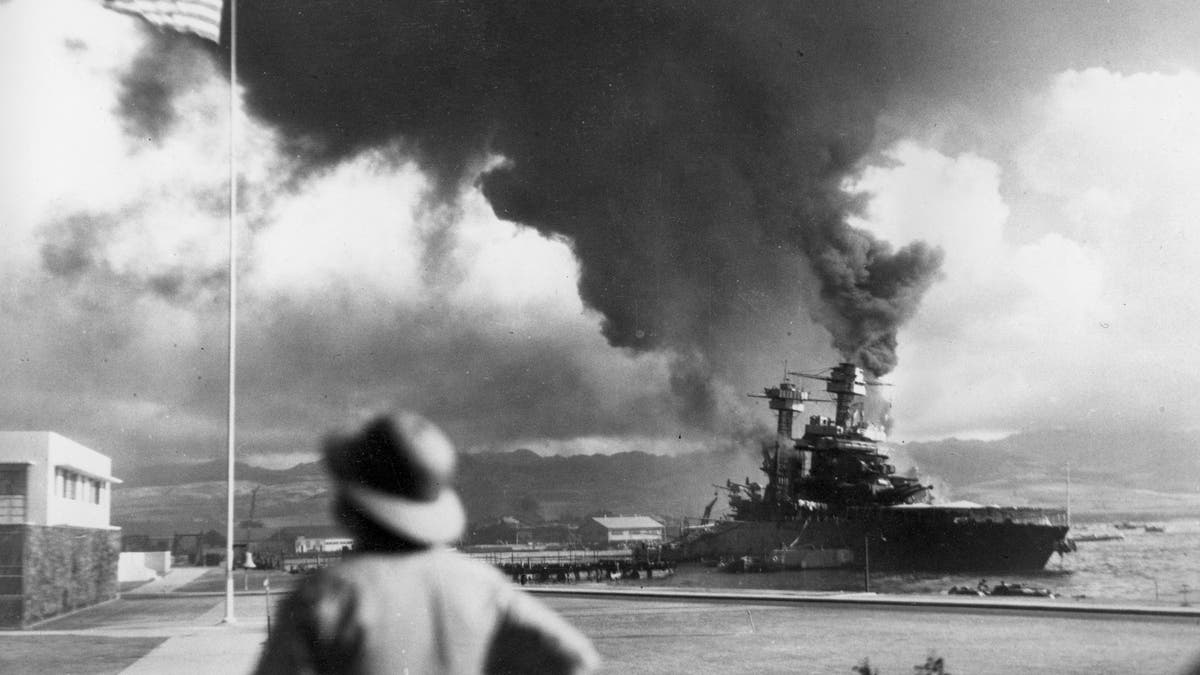9/11 first responders reflect after 20 years
Retired New York firefighter Tim Brown and 9/11 first responder Dave Lim tell their heroic stories
In the aftermath of the September 11 attacks on the United States, the landscape of the country's military shifted and saw the biggest boon in recruitment since World War II.
After four coordinated attacks on American soil took the lives of 2,977 people, the U.S. moved its focus from the Near East to Central Asia. The "War on Terror" started with the goal of locating Usama bin Laden and dismantling al Qaeda, which led the military to Afghanistan in Oct. 2001.
"Prior to 9/11, if someone joined the Army, they knew they could end up in Egypt or Bosnia or areas like that," U.S. Army Capt. Kyle Wheeler, a recruiter, told MLive in a 2011 interview. "Every young man or woman who has joined since, they know there’s a high likelihood they will be deployed to (the Middle East)."
The attack on the Twin Towers took more than lives – it took America’s sense of security. People across the country reacted in different ways. For many, that meant joining the military to go after bin Laden and al Qaeda.

Smoke rises from the burning twin towers of the World Trade Center after hijacked planes crashed into the towers in New York City. (AP)
"Overall, I think it’s the same patriotic crew," Wheeler said, "but there are some other people who may not have signed up [if 9/11 never happened] who have said, ‘I can take some time to serve our country.’"
Around 181,500 Americans enlisted in the military following the attack on Sept. 11, 2001, according to the USO. The Department of Defense marked that as an 8% increase in interest in joining the military.
Twenty years later, the U.S. military withdrew its forces from Afghanistan as the established government collapsed in the face of Taliban incursions. The resulting images, labeled by many as demoralizing with comparisons to the Fall of Saigon, may end up negatively impacting recruitment in the next few years, though, it is too early to tell.
NEARLY 20 YEARS SINCE 9/11 TERROR ATTACKS, FIRST FDNY CHIEF ON SCENE HONORS ‘ORDINARY HEROES’
"Anecdotally, we have heard a mixed response from our recruiters – some areas have seen an increase in interest and other areas have seen a decline," an Army recruitment spokesperson told Fox News. "Until further surveys are complete, we will not have any data."
The Army spokesperson also noted that following the coronavirus pandemic and "environmental impacts" - including devastating hurricanes in the South - it will be difficult to tell how or why people are choosing to serve or not to serve.
The more murky picture, then, highlights the more clear impact 9/11 had on recruitment.
VICTIM COMPENSATION FUND CONTINUES TO OFFER RELIEF TO 9/11 SURVIVORS
"September 11th happened, and I was single in a little apartment, I was 20 years old," said Army veteran Josh Revak in a 2016 interview with the USO. "And I just felt like there was more … I should be doing more with my life, and by January I was in basic training."
A similar reaction happened after Pearl Harbor, when Americans were similarly distraught and angered in equal measure over an unprovoked attack on a U.S. military base.
"I was worried because my mom was worried," Casey Owens told the AP in a 2011 interview. "I was scared. She said there might be a war coming to the U.S. I just wanted to watch cartoons again."

American ships burn during the Japanese attack on Pearl Harbor, Hawaii, on Dec. 7, 1941.
Owens was seven years old on 9/11. He joined the Army a decade later as soon as he graduated from high school.
"That’s one of the main reasons I want to go into the military," he said. "To help fight for freedom and make sure it doesn’t happen again."
In 2002, 79,585 people joined the Army, compared with 74,577 in 2001. The Army and Marine Corps continued to grow year over year until about 2010, at which point recruitment dropped off.
By 2018, Army recruitment numbers had gone down to 69,972, and 68,185.
CLICK HERE TO GET THE FOX NEWS APP
The Air Force and Navy experienced only slight surges in those years, with recruitment rising for only a few years until they started to drop off.









































